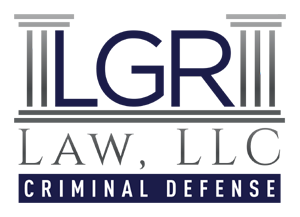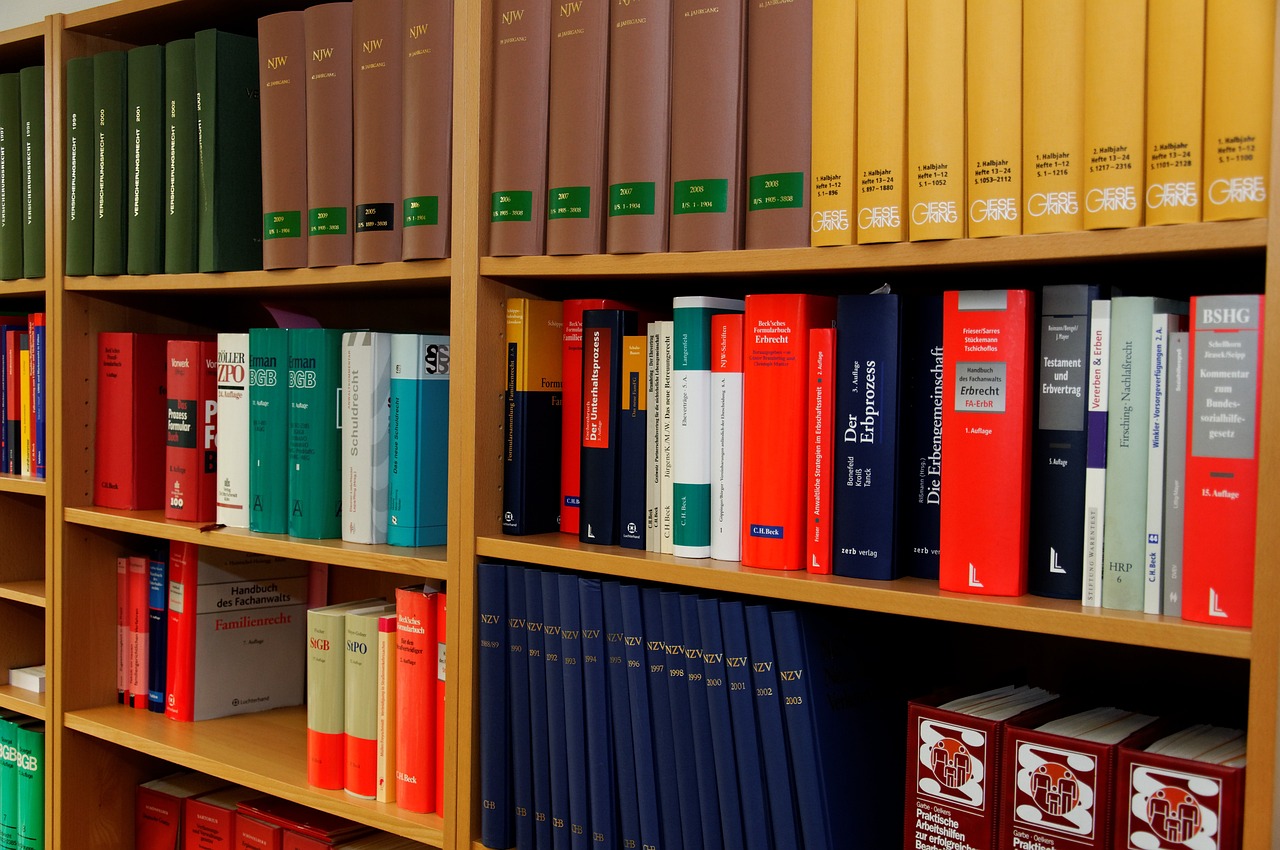In September 2021, a coalition in Congress introduced the Eliminating a Quantifiably Unjust Application of the Law (EQUAL) Act to eliminate federal crack and powder cocaine sentencing disparities.
The disparity between crack and powder cocaine in sentencing has its roots in the Anti-Drug Abuse Act of 1986. This law set severe penalties for the possession of one amount of crack cocaine and 100 times the same amount of powder cocaine. For example, someone convicted of distributing 5 grams of crack cocaine served the same mandatory minimum prison sentence as someone convicted of distributing 500 grams of powder cocaine. In 2010, Congress passed the Fair Sentencing Act which reduced the disparity of crack to powder cocaine from 100:1 to 18:1. In 2018, the First Step Act passed which made the Fair Sentencing Act’s new 18:1 disparity retroactive. Despite the change in disparity, many defendants were still facing longer sentences for involving crack cocaine than for offenses involving the same amount of powder cocaine.
There is no scientific justification for treating crack and powder cocaine differently. The EQUAL Act is necessary because it would completely eliminate the disparity between crack and powder cocaine that triggers federal mandatory sentences. If enacted, the EQUAL Act would reduce sentences for many federal defendants. According to the U.S. Sentencing Commission’s Report on the possible impact of the EQUAL Act, it could also result in a federal defendant’s average sentence reduced by 2 and a half years. The EQUAL Act was reintroduced in February of this year and its passage would be a crucial step towards reuniting families and equal justice for all.
When under investigation it is important to follow the advice of your attorney and not speak about the alleged crimes over social media. LGR Law, LLC’s federal criminal defense attorneys have the essential skills to protect your legal rights. Should you or a loved one receive any indication that you are a target of a federal investigation, contact Lorraine Gauli-Rufo, and the attorneys at LGR Law immediately. (973) 239-4300, www.lgrlawgroup.com, [email protected]





0 Comments